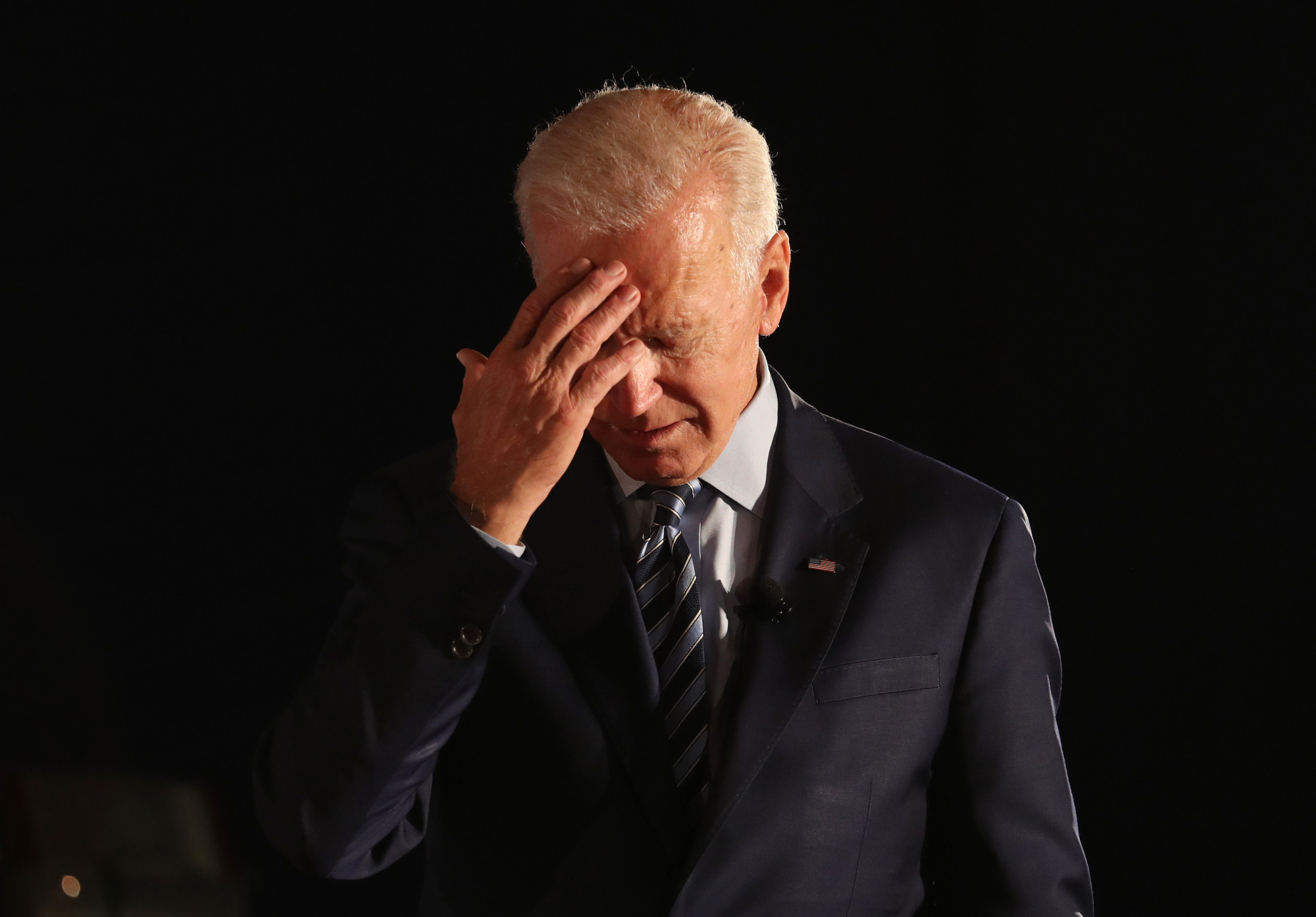This week’s surge in workers seeking unemployment benefits should be a sign that America’s already weakening economy, and much slower job growth, could prove the key to this year’s election. Indeed, one in four Americans fear losing their job in the next year.
These trends are widely ignored or dismissed by the Biden team, which blames poor polling on what it refers to as “vibescession”. The President certainly seems out of touch. In a recent interview, he dismissed concerns about persistent inflation, claiming people had “money to spend” and downplaying the 30% rise in prices since he took office.
To be sure some, notably Wall Street and well-paid Government workers, have benefitted. But for most middle- and working-class Americans in the private sector, things are not so rosy. Sectors that employ millions of these people — logistics, manufacturing, agriculture, technology — have been flat or even declined. Many of these workers operate in the “carbon economy”, which is threatened by Biden’s green tsunami. The President’s policies may offer a big win for renewable energy companies, lawyers and consultants who feast on this regulatory banquet. But they also constitute a direct threat to those dependent on reliable and low-cost energy such as truck drivers, loggers and oil workers.
These workers, along with small business owners, increasingly make up the base of the GOP. By contrast, professions such as librarians, teachers, environmentalists, and yoga instructors have become prominent pro-Biden constituencies.
This economic divide is shattering the traditional Democratic coalition. The party’s loss of white blue-collar workers has been well-documented; and in some critical places such as Pennsylvania, attacks on the state’s fracking boom are boosting support for Donald Trump. Many of the other swing states — Michigan, Wisconsin and Arizona — where the President is currently trailing also have strong industrial economies threatened by Bidenomics.
The disquiet is now extending from the primarily white and older Trump base to other groups, such as minorities and young people. Take Latinos, who make up much of the nation’s blue-collar economy. According to data from the US Bureau of Labor Statistics (BLS), Latino workers account for approximately 20% of the transportation industry’s workforce, over 22% of all manufacturing workers, and a third of all construction workers. These workers are departing from their traditional Democratic allegiance, with Republican support among Hispanic voters growing by 10 points since 2018.
Perhaps even more threatening is the apparent erosion of Democratic support among voters under 35. Recent polling suggests that young people are shifting away from Biden, who won their votes easily in 2020, and towards Trump. Media accounts may link this to the Palestine crisis, but polling shows that young people rank virtually everything else as more important, including the economy. The keffiyeh constituency may be loud on elite college campuses, and celebrated by the national media, but basic economic concerns seem far more relevant.
Under Biden, young families face increasing difficulty buying a house, in large part because the President’s spending spree keeps interest rates higher. Even those with new college degrees face an increasingly unpromising job market. It’s easy, for example, to get a job at a restaurant or as a hotel clerk, but not so much in higher-wage professions.
As unappealing as the prospect of a second Trump term might be, the growing concern about economic opportunity could undermine Biden’s re-election — even if his advisers and the President himself seem blind to the realities. After all, many Americans look back fondly at the low interest rates, faster growth and low inflation of the pre-pandemic Trump years.
Perhaps focusing on the former president’s authoritarian instincts will save the day. Yet Biden’s economic mismanagement not only imperils his re-election, but in the longer term threatens to erode much of what was once his party’s base.











Join the discussion
Join like minded readers that support our journalism by becoming a paid subscriber
To join the discussion in the comments, become a paid subscriber.
Join like minded readers that support our journalism, read unlimited articles and enjoy other subscriber-only benefits.
Subscribe